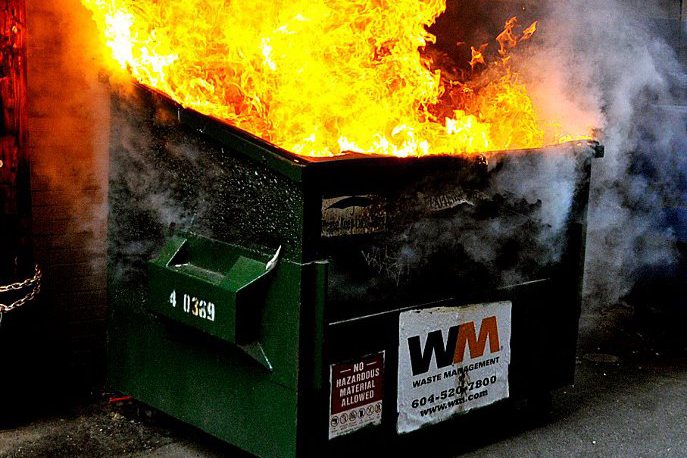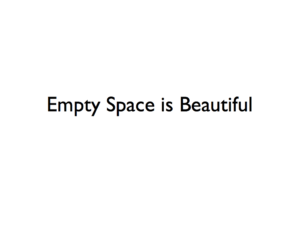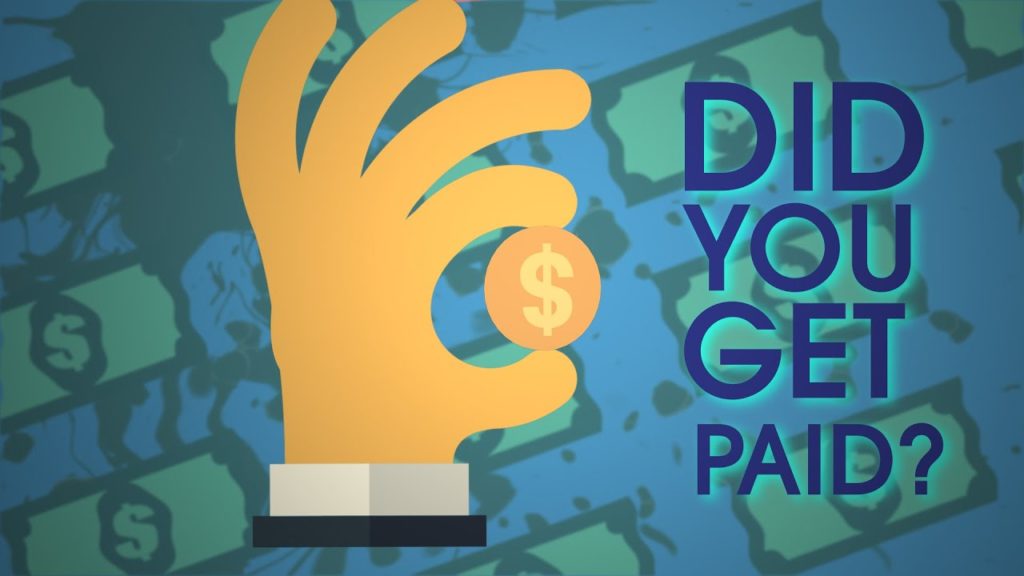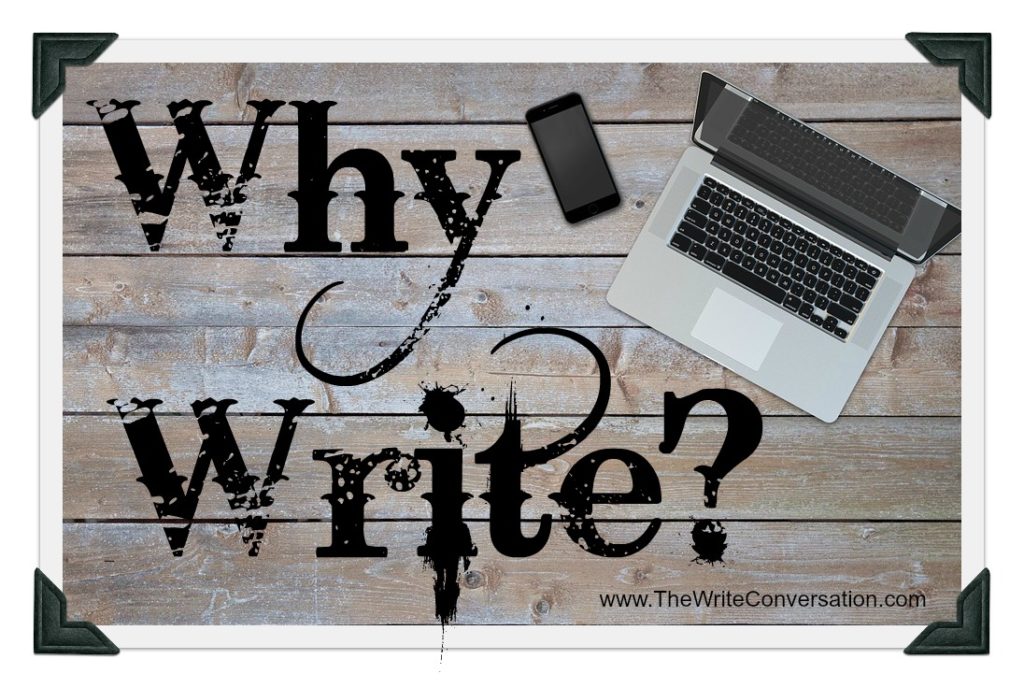who we can call a writer
who gets the title. how do we get the title. is it really so hard?
Who gets to be called a writer? How does someone get to be called a writer? Why would someone want to be called a writer? All questions I tried to answer in a piece I wrote before I really got a handle on this whole writing thing. I edited it only lightly before posting as it contains my thoughts as I had them in that long ago naive time.
who even is a writer?
 What qualifies someone to be a “writer?” To be fluent in a language probably helps. To understand and execute proper writing structure and grammar probably is a good entry point. To have a story to tell helps I’m sure. Having an academic background in the written word could almost be enough to be slapped with the label of writer.
What qualifies someone to be a “writer?” To be fluent in a language probably helps. To understand and execute proper writing structure and grammar probably is a good entry point. To have a story to tell helps I’m sure. Having an academic background in the written word could almost be enough to be slapped with the label of writer.
But so many people satisfy some, or indeed all, of these things yet they would never consider themselves writers. Now what about someone who writes but no one sees it? Is that being a writer? That starts going down the philosophical road of trees falling down in vacant forests, so maybe that’s something best explored another day.
it's not for everyone
For now, let’s think about some of those ideas above. I’ve known a huge range of people who are bright, well spoken, engaging normal humans. I’ve also had these same people presenting me with something they have written saying “can you help me with this?” Upon reading what they present to me I usually figure a large dumpster fire is the best solution to their problem.

It’s an odd phenomenon that people that can speak and articulate themselves so well verbally, yet end up tripping over their own grammatical shoelaces when they have to put those exact same thoughts down onto paper. Seeing this happen so often tells me there is a very specific transmission of thought that happens when the brain switches from expressing the words out of the mouth to out of the fingers. This switch could in fact be a signifier of what it is to be writer.
Having a story to tell
 But surely, simply being able to put a coherent pattern of words down on a piece of paper is not enough to be considered a writer. Well what about the next idea I mentioned above? Having a story to tell. Particularly a good story, of a life well lived. Of loves and losses, of great conquests and narrow escapes. Tall tales that you could only believe if you had been there. There’s certainly a small circle of these people that live these adventures with the sole intent to write about them. But there is a much much larger number of them that do not. And express exactly zero idea to do so.
But surely, simply being able to put a coherent pattern of words down on a piece of paper is not enough to be considered a writer. Well what about the next idea I mentioned above? Having a story to tell. Particularly a good story, of a life well lived. Of loves and losses, of great conquests and narrow escapes. Tall tales that you could only believe if you had been there. There’s certainly a small circle of these people that live these adventures with the sole intent to write about them. But there is a much much larger number of them that do not. And express exactly zero idea to do so.
 As a society we have all these people running around creating the greatest story ever told and yet, they never write it down for us. Instagramming it doesn’t count. And for many of them that do get things to paper, there’s lot of those pesky ghost writers lurking in the shadows. So having a life story to tell – that makes a writer out of a sliver of a sliver of the pie. So I’ll check the writer box for those few of you.
As a society we have all these people running around creating the greatest story ever told and yet, they never write it down for us. Instagramming it doesn’t count. And for many of them that do get things to paper, there’s lot of those pesky ghost writers lurking in the shadows. So having a life story to tell – that makes a writer out of a sliver of a sliver of the pie. So I’ll check the writer box for those few of you.
not having a story to tell

The academic record though, what does that show? Well, if my graduating class proves anything, it’s to show up late for the convocation ceremony if your kid has a last name starting with a letter past E. Mostly because you’ll be sitting there for so long you’ll have long ago run out of jokes about how many people it takes to write copy in this world. If all of these graduates were now today writers we would be living like we were in the skin of the Matrix with letters falling and flapping, filling our gutters and landfills with letters and words that nobody gives two craps about let alone just one crap.
So a degree in English certainly can make you a writer but it doesn’t necessarily make you one. And I do understand the vast majority of these grads are students of literature, but you spend most of that degree writing. And writing. And writing. And then being told you need to write better. And then they never do.
I'll be over here with my blog
 What about those among us who journal or blog on a regular basis but don’t have an audience to read their thoughts? Surely these people are writers aren’t they? They have ideas, and they put them down through the act of writing. Would they consider themselves to be writers? Or hobbyists? Or self explorers? Certainly a few of these people do slip through into the popular consciousness. And along this train of thought I think we are coming closer to the idea of what a writer is. And closer to the idea of someone who writes being considered to a writer.
What about those among us who journal or blog on a regular basis but don’t have an audience to read their thoughts? Surely these people are writers aren’t they? They have ideas, and they put them down through the act of writing. Would they consider themselves to be writers? Or hobbyists? Or self explorers? Certainly a few of these people do slip through into the popular consciousness. And along this train of thought I think we are coming closer to the idea of what a writer is. And closer to the idea of someone who writes being considered to a writer.
pass me my binoculars
A common thought is that those who observe rather than do actually have the most poignant things to say about the life around them. I’m one to agree. The doers of the world are busy doing. Very busy in fact. And they often exhaust me with all their doing. When you are on a constant path of do do do there is little to no time to think about what it is you are doing. And I would argue that they give little thought to thinking about what they are doing. That’s probably why they are doing it in the first place.

So that leaves the recording of all this doing to the observers of the world. And some of these observers will write what they encounter down in a chain of their thoughts. And this, this active mental engagement of the world around us is, in my opinion, the best qualification to being a writer.
so you like exposition

If you are to bring a person, place, thing, or idea to life for an audience, there is an integral demand to fully understand the subject in order to replicate it for others to place in their mind’s eye. There are writers who bring this to the extreme with endless reams of exposition that never seems to end as they carry on to describe the very dimensions of the grains of pollen in the air on the day of what it is they’re writing about.
 There is also the minimalist approach that is a bit like using theatrical black space to let the reader fill in the gaps themselves. But central to both is having a keen eye that can translate the observations they have made into a language that allows their audience to re-create the original person, place, thing or idea for themselves without ever having encountered the original first hand.
There is also the minimalist approach that is a bit like using theatrical black space to let the reader fill in the gaps themselves. But central to both is having a keen eye that can translate the observations they have made into a language that allows their audience to re-create the original person, place, thing or idea for themselves without ever having encountered the original first hand.
SURE LET'S TALK MUSIC WHY NOT
 Lastly, because I love my music versus writing comparisons, isn’t it interesting that someone can describe themselves as being a musician without actually having even received payment for playing an instrument? Think of meeting someone who describes themselves as a writer and this person has never been paid for a written work. I think the common though would be oh, they are trying to be a writer. Why is there this distinction? For absolute certainty there are far more people out there playing instruments than there are writing, so maybe that’s a factor in it.
Lastly, because I love my music versus writing comparisons, isn’t it interesting that someone can describe themselves as being a musician without actually having even received payment for playing an instrument? Think of meeting someone who describes themselves as a writer and this person has never been paid for a written work. I think the common though would be oh, they are trying to be a writer. Why is there this distinction? For absolute certainty there are far more people out there playing instruments than there are writing, so maybe that’s a factor in it.
And many people, no doubt through many years of torturous school work, consider playing music to be a pleasurable exercise while writing to be an exercise in masochism. But the amount of practice to play an instrument to a level where the sounds themselves become pleasurable is certainly no less than it is to put down coherent written thoughts.
IT ALWAYS COMES BACK TO MONEY

With that comparison in mind, perhaps the best summation to the question of what it is to be qualified to be called a writer is, someone who has something to say, and is sufficiently proficient enough to say it, in a pleasing and engaging manner. And to be getting paid to do so. Otherwise aren’t you just a hobbyist?

who is a writer
- Merriam-Webster: “one who writes”
- Wikipedia: “A writer is a person who uses written words in different styles and techniques to communicate ideas.”
- ThoughtCo: “a) a person who writes” “b) an author: a person who writes professionally”
Thanks Merriam-Webster. Always the great clarifier.
You have to like the split definition offered by Richard Nordquist on ThoughtCo. Splitting Writer and Author into two separate things is an interesting approach.

why people write
- To share their grand ideas, visions and stories with the world.
- To facilitate communicate between a subject and a needed audience (think business writing).
- Because they’re masochistic loners.
- To sort out their own thoughts and emotions on paper rather than in the string ball that is the inside of their head. Hmmmm, this one sounds familiar.
- To get paid to put words on paper.

why people don't write
- Because it’s an excruciating exercise in self torture.
- Fear. Of failure. Of being rejected. Of not living up to ridiculous self-imposed expectations.
- There’s just no time left in the day.
- You don’t like it. In which case, may I suggest a different website?
- Writer’s block.
- Fear. Oh, did I repeat myself?

you getting paid?
- Don’t Google “getting paid to write.” Just don’t. It’s a swarming morass of clickbait.
- Getting paid to write is a notoriously difficult challenge. But it doesn’t have to be.
- Persistence through adversity, both perceived and real, is incredibly important.
- Fear will take away from your ability to actually earn from your writing. Hmmm, this one sounds familiar too. Who’s writing these?
- Finding a specific subject that grasps you and is marketable will allow you to change from hobbyist to writer. (Or author if you will.)
what I did
- I want to be a business writer, a thought writer, and a humour writer.
- Allowed fear of the unknown to creep in and push my goals and deadlines down the calendar like a perpetually sliding shuffleboard disc.
- Studied everything I possibly could about being a freelance writer.
- Discovered that I knew very little about the day to days of both becoming and being a freelance writer.
- Built this website. So that’s something. Right?
- Most importantly, actually sat down to write. A lot. About all sorts of things. Am I a writer? By my definition, no. But I write things, and that’s better than not.



